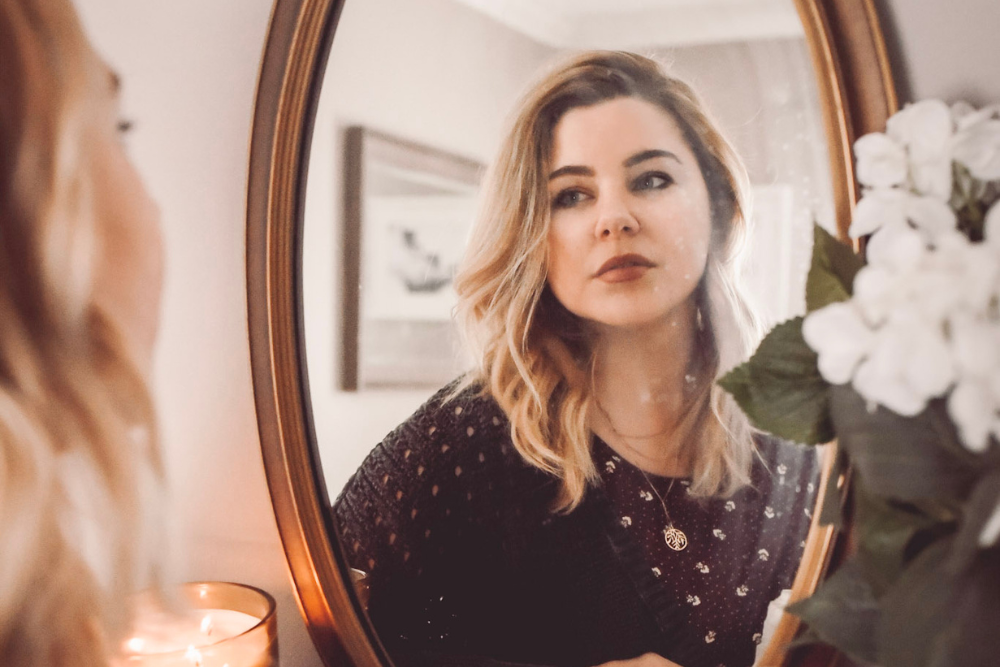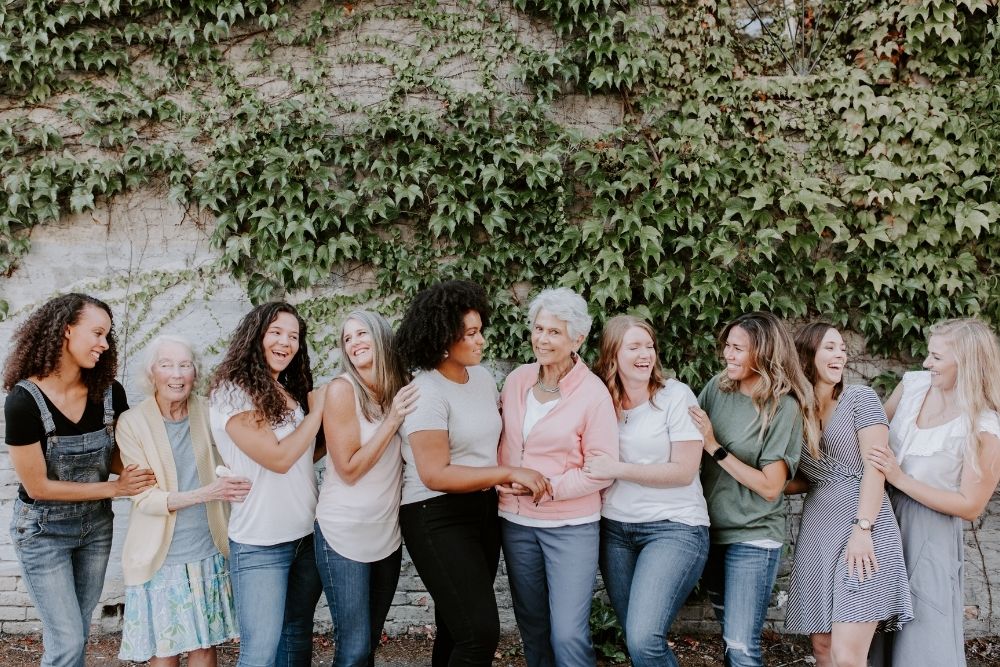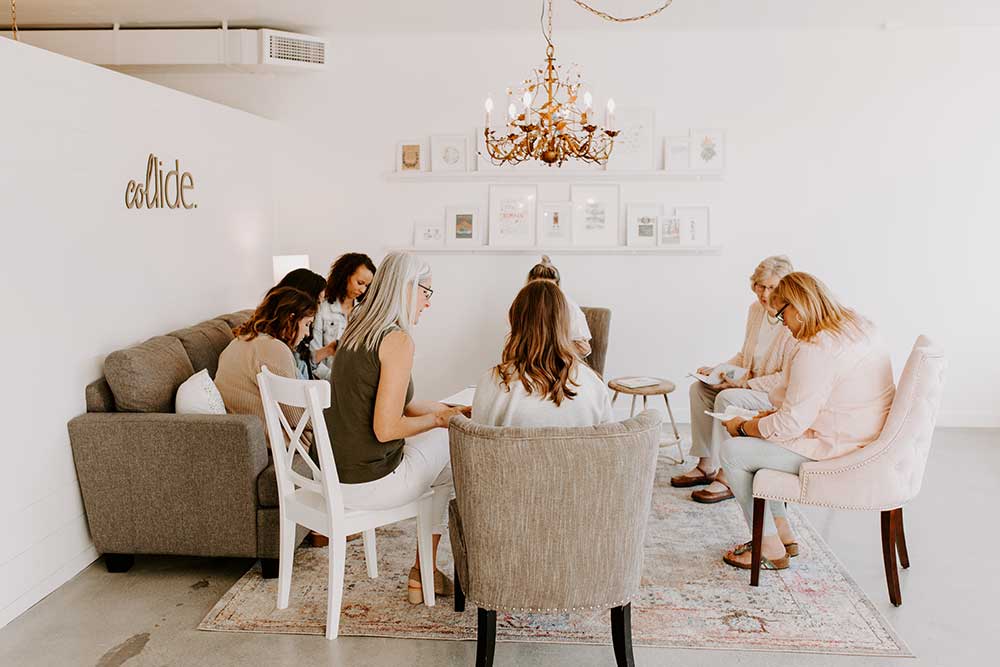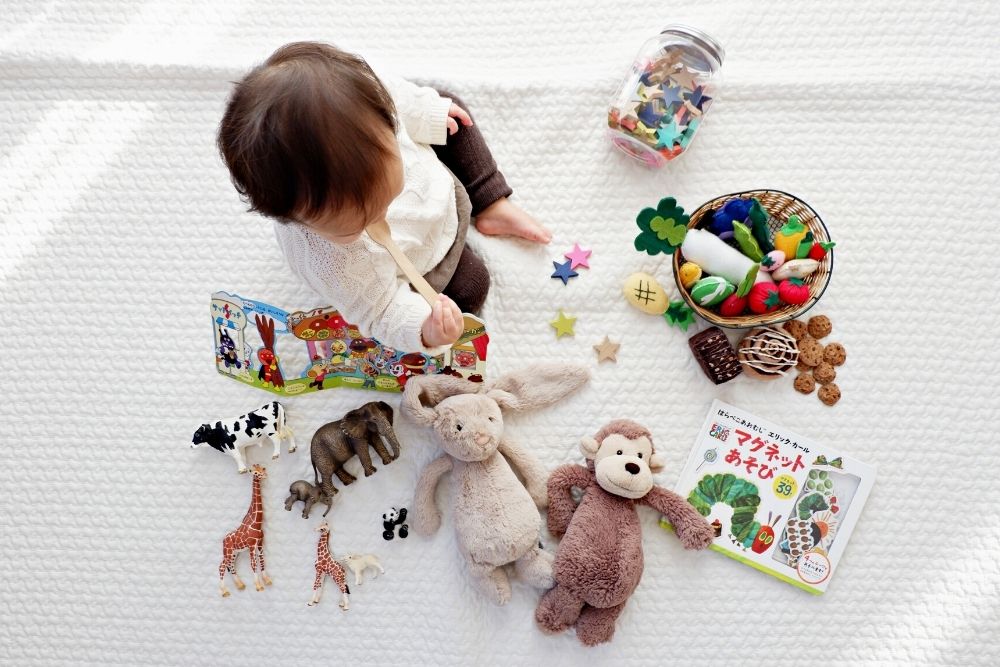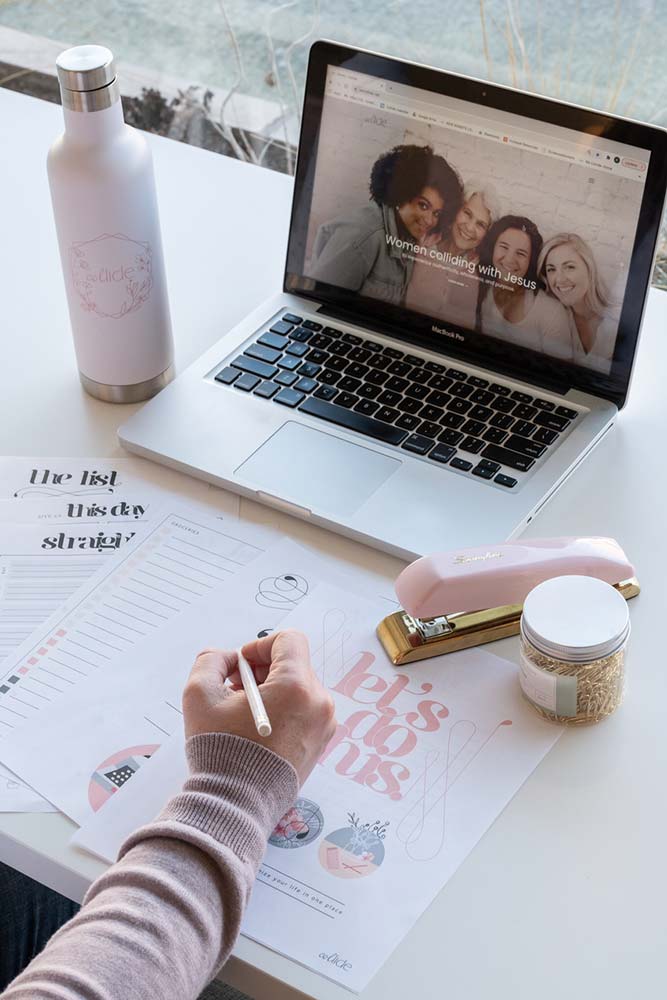
Beautiful Questions
One of Collide’s core values is to recognize brokenness so it can be made whole. We have a growing community of women walking toward healing, as well as a community of counselors who are partnering with us to this end. We hope you not only enjoy hearing a counselor’s voice here, but that you open yourself up to the transformational work God is calling you into so that you can see His healing as a reality in your life.
I have a growing and firm conviction that the questions we ask ourselves and others are vitally important. The reason for this is aptly stated in the poetry of E.E. Cummings. He wrote, “Always the beautiful answer who asks the more beautiful questions.” Jesus Himself was notoriously and masterfully good at asking people beautiful questions. Sometimes He would even answer people’s question, with another question, inviting them to ask a better question that will help lead them to a deeper revelation of the story of God, who is love, and their place in it.
In my work as a therapist, I listen to people’s beautiful questions, and when they are feeling stuck, I try to help them find and ask a more beautiful question, to help get them unstuck. For example, a common question many people ask, either implicitly or explicitly, when they enter my office is, “why should I hope again when it hasn’t worked before?” In my experience, questions that begin with “why” aren’t usually very helpful or generative when first starting out. The reason for this is because our brains function a lot like Google’s search engine bar. As soon as we enter a question, our top five most recent and/or frequent searches will appear with the answer. The problem is that for most of us, those most recent answers are usually covered in shame and/or blame, telling us that we shouldn’t hope again because we aren’t worth it, and/or that nobody cares. Such answers are not helpful, or generative, and only serve to leave us stuck in a cycle of cynicism, despair, and hopelessness.
One of the best ways to break the cycle is to start with a more beautiful question. I have found that when first starting out, the more helpful and generative questions usually begin with a “what” or a “how.” For instance, instead of asking, “Why should I hope again when it hasn’t worked before?” it is often more helpful to ask, “How can I hope again when it hasn’t worked before?” The new question invites the Google search engine part of our brains, both on a conscious and unconscious level, to start looking for new more generative answers. Here is an example of what I mean. On the one hand the question could be heard as a cry of pain and despair, thus inviting an answer from the Google search engine part of our brain that encourages us to tell our story, name our pain, and learn how to grieve and lament. On the other hand the question could be heard as a request for advice, thus inviting an answer from the Google search engine part of our brain that encourages us to seek out practical tools that will help to expand our imagination and learn a new way forward. Either way, it is evident that reframing the question invites responses that are more likely to lead us to a place of healing and growth, rather than shame and despair.
Learning the art and skill of asking beautiful questions takes practice. It is also a skill that is best learned within the context of relationships and community. This is because it is often through relationships that we not only learn new questions but also, like Jesus, question the questions in kindness and love. May you find a place to ask your beautiful questions, and may those beautiful questions lead you to a deeper revelation of the story of God, who is love, and your place in it.
This post was written by a counselor or therapist for informational use only and is not intended to replace advice from a professional who is working directly with you as a patient [or client].

